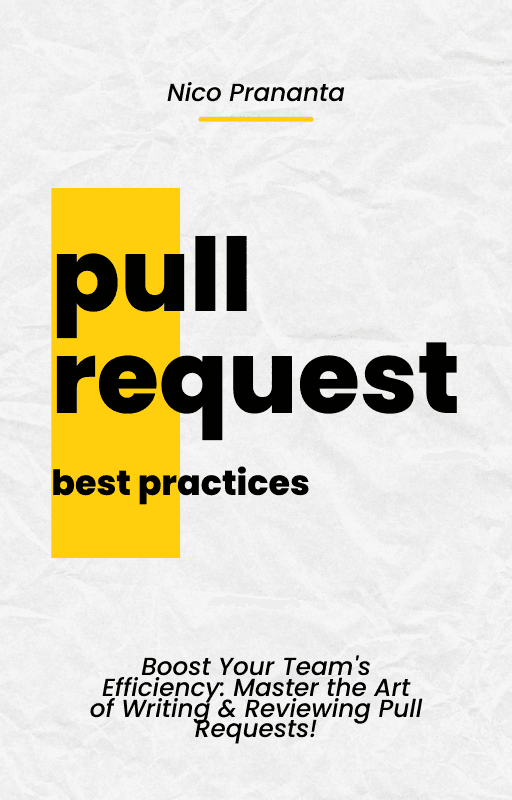- Published on
The Locksmith Paradox
The disconnect in how we perceive the value of work
- Authors
- Name
- Nico Prananta
- Follow me on Bluesky
In the world of work and craftsmanship, there's an intriguing phenomenon known as the Locksmith's Paradox. It tells the story of a locksmith who, as a beginner, takes an hour to fix a lock. He charges $100 for his effort. His customers happily pay, valuing the visible effort and time he invests. Yet, as the locksmith grows more skilled, he can complete the same task in just fifteen minutes. Now, the same fee suddenly draws discontent. "Why $100 for such quick work?" they question. This paradox shows a disconnect in how we see the value of work. This is especially true as expertise increases efficiency.
But, why does this paradox occur? A compelling suspicion is that many people lack firsthand experience in the creative process or in mastering a skill. Thus, they struggle to appreciate the effort and time that goes into becoming efficient. They see only the end result—a task completed swiftly and with ease. But, they don't see the years of practice, learning from mistakes, or the dedication that underpin such efficiency.
Image

This misunderstanding is akin to looking at an iceberg and seeing only its tip above the water. People are oblivious to the vast structure beneath. Pablo Picasso captured this essence when he said, "It took me four years to paint like Raphael, but a lifetime to paint like a child." This highlights that a masterpiece's simplicity and speed come from a complex, often unseen foundation. They come from effort and experience.
This lack of appreciation for the 'invisible' part of expertise exists in workplaces and beyond. It adds to the Locksmith's Paradox. People who haven't mastered a craft tend to value time spent on a task over the expertise applied to it. They question the value of work that doesn't consume a 'sufficient' amount of time. They overlook the quality, skill, and efficiency involved.
The tale of the locksmith, and the broader implications for the workplace, underline a critical need for a shift in perspective. We must learn to recognize and value the journey to expertise. It's not just about the time it takes to perform a task, but the years of dedication behind that efficiency. As we navigate valuing work in our modern world, let's remember that true expertise is about achieving the same, or better, outcomes in less time. It's thanks to a foundation of hard-earned skill and experience. It's about seeing beyond the tip of the iceberg and appreciating the depth of effort that lies beneath.
Are you working in a team environment and your pull request process slows your team down? Then you have to grab a copy of my book, Pull Request Best Practices!
Image
